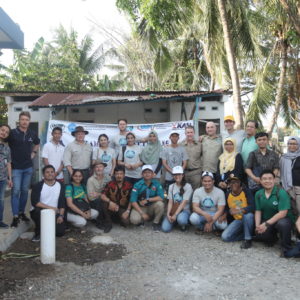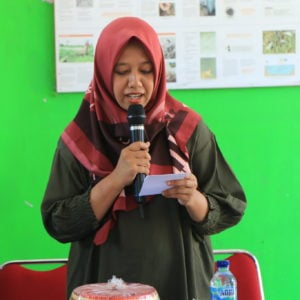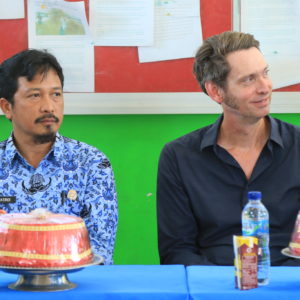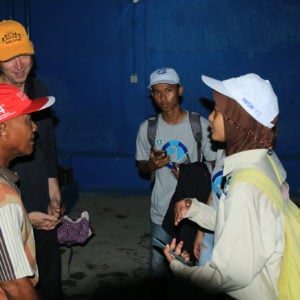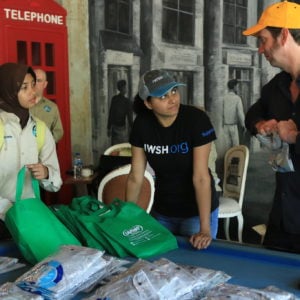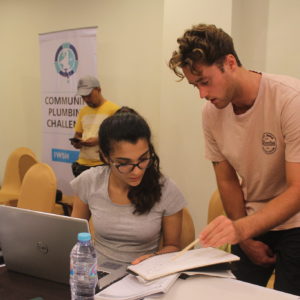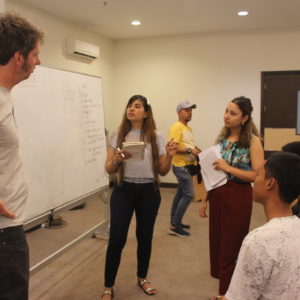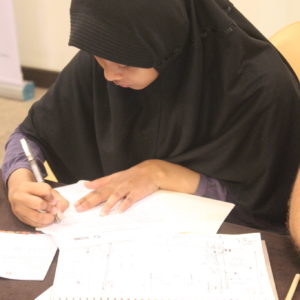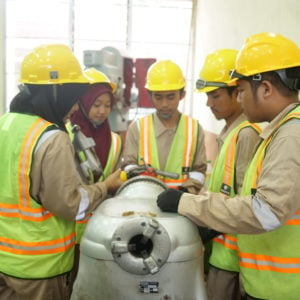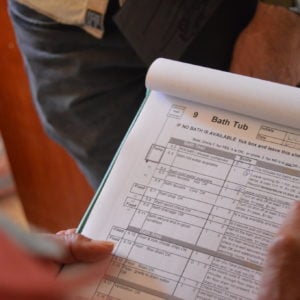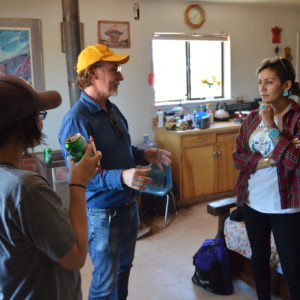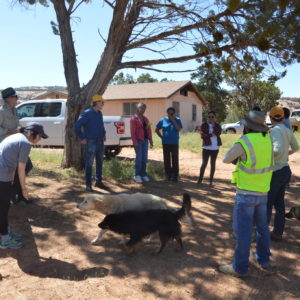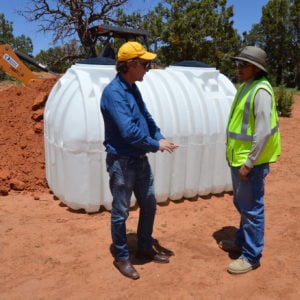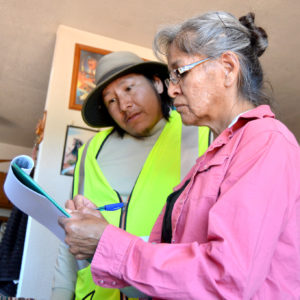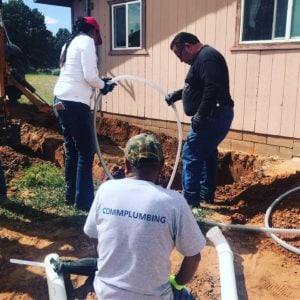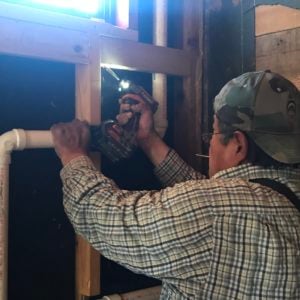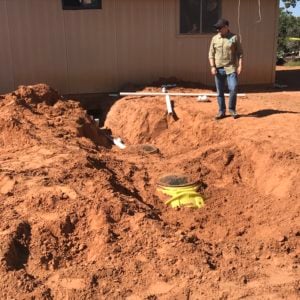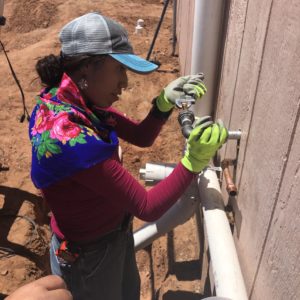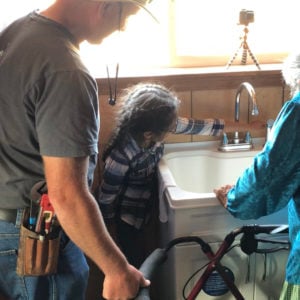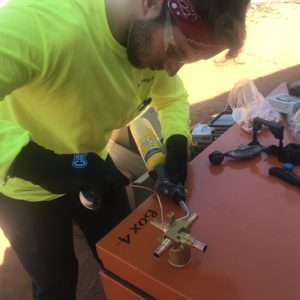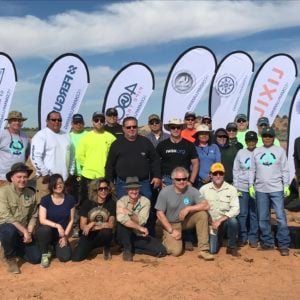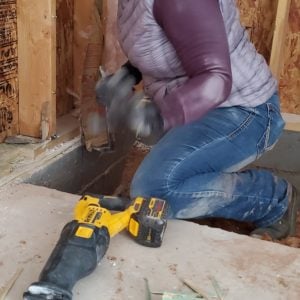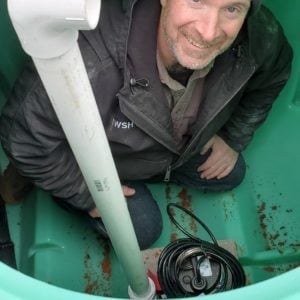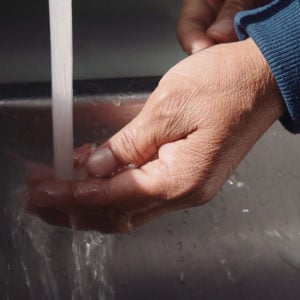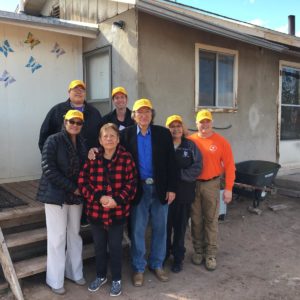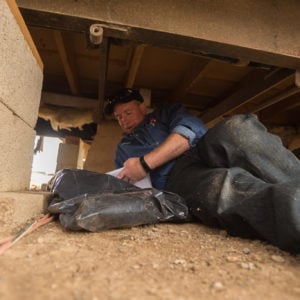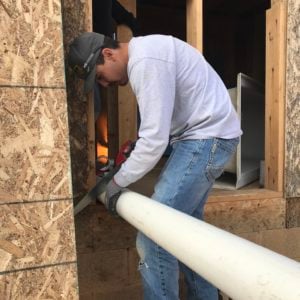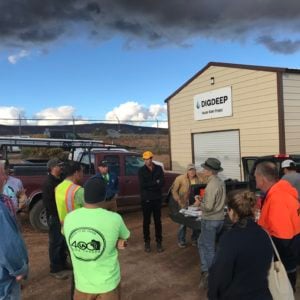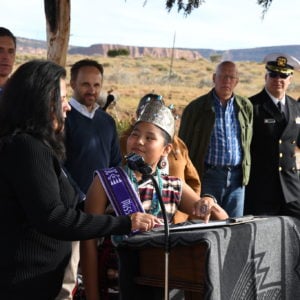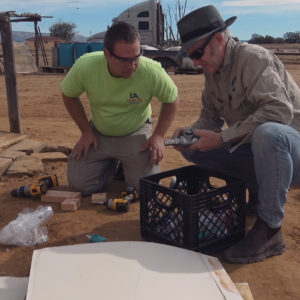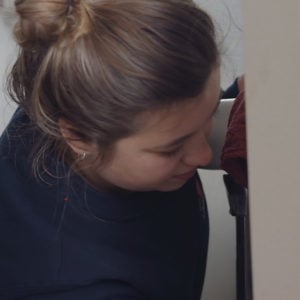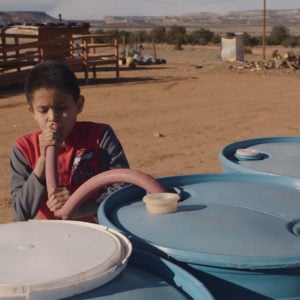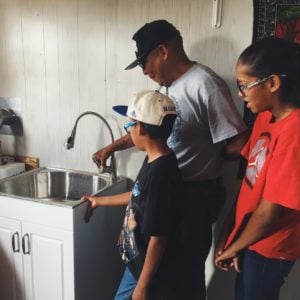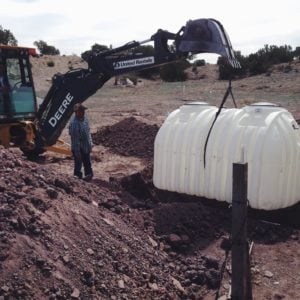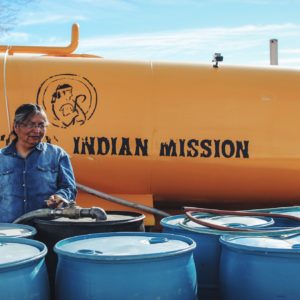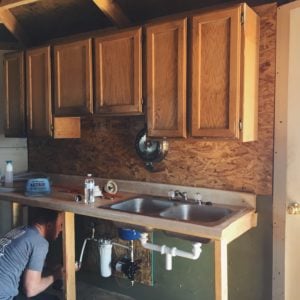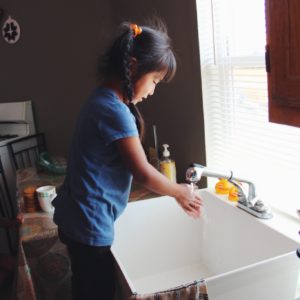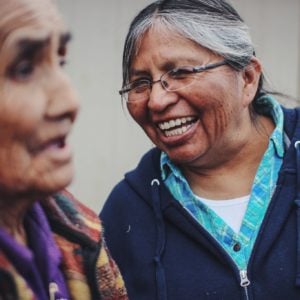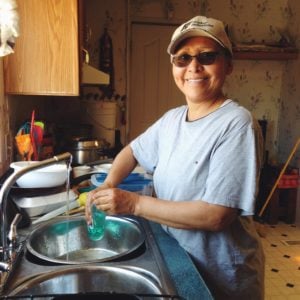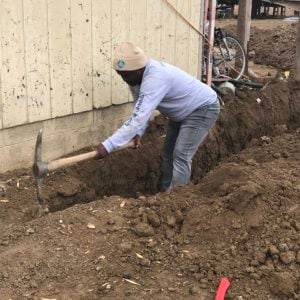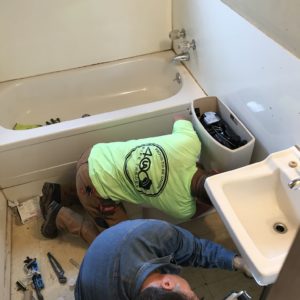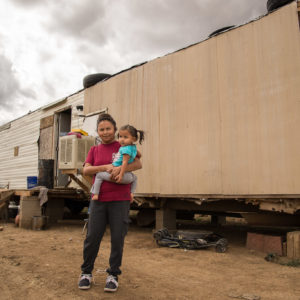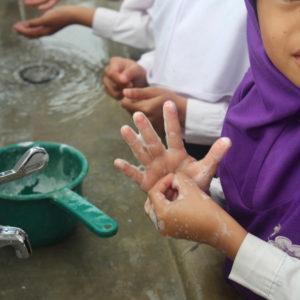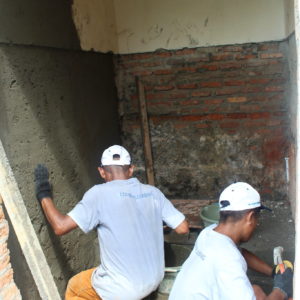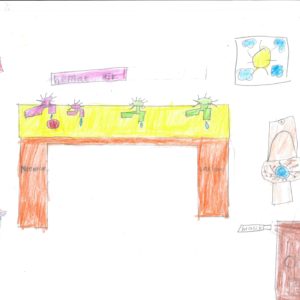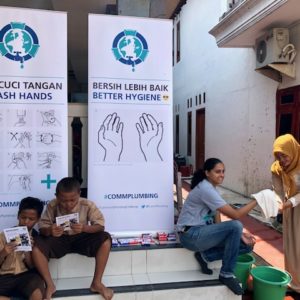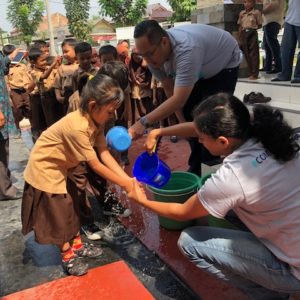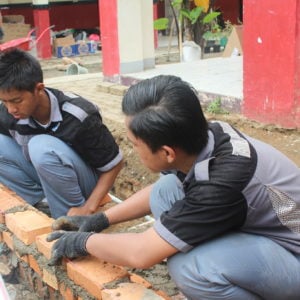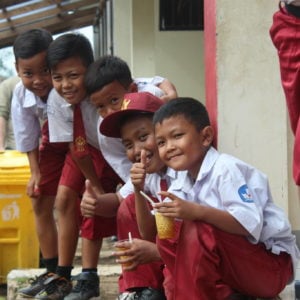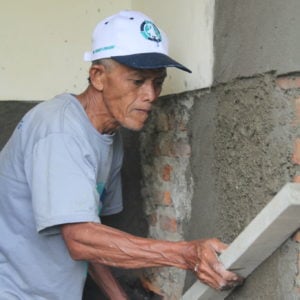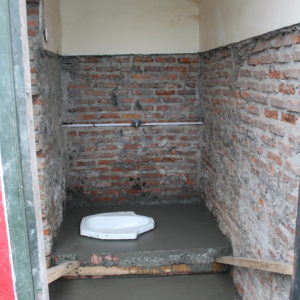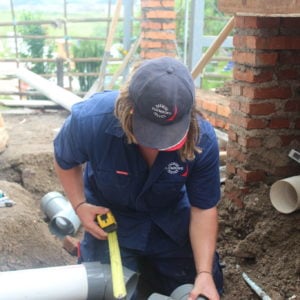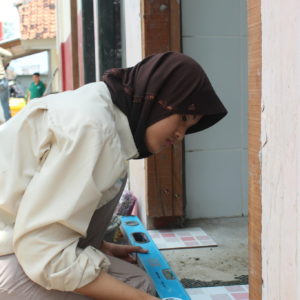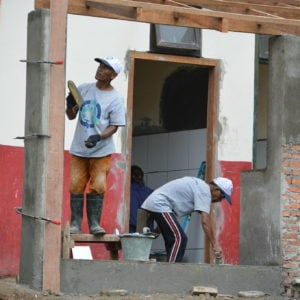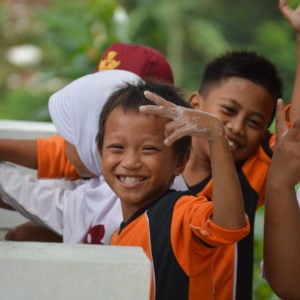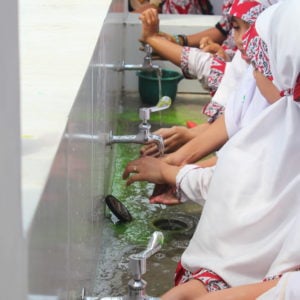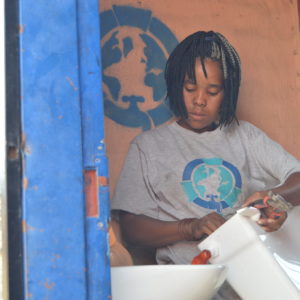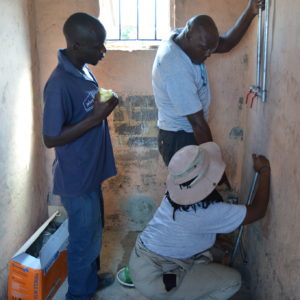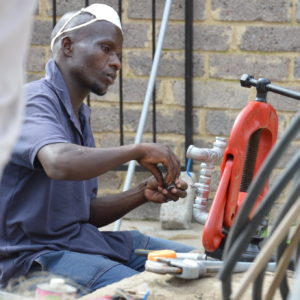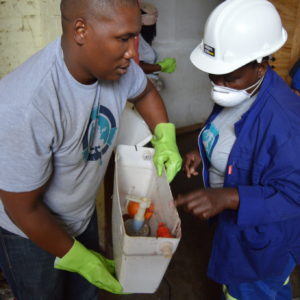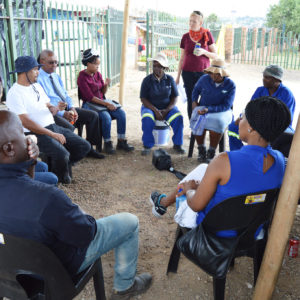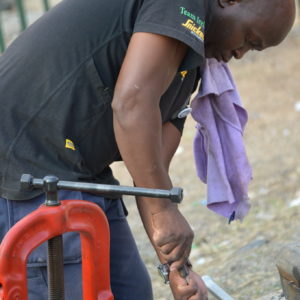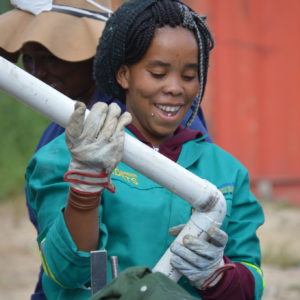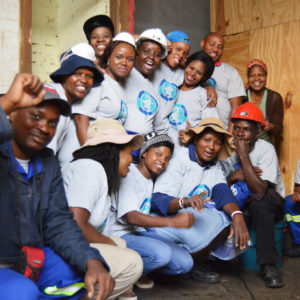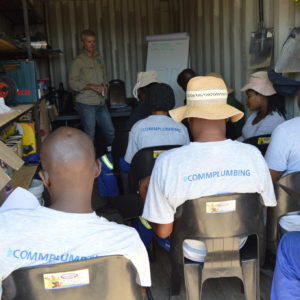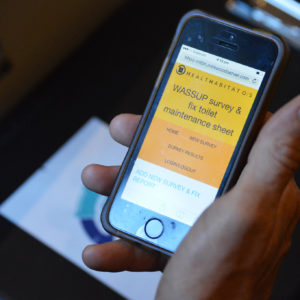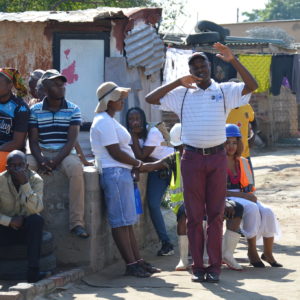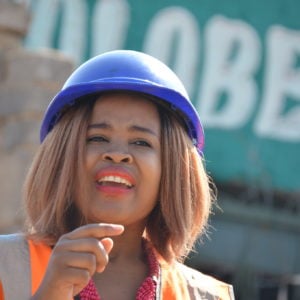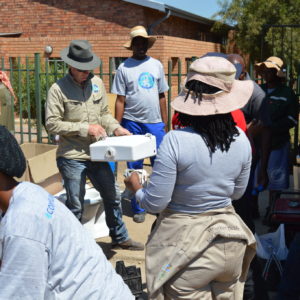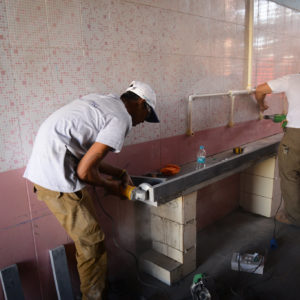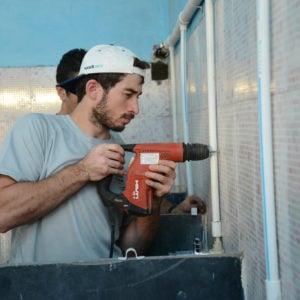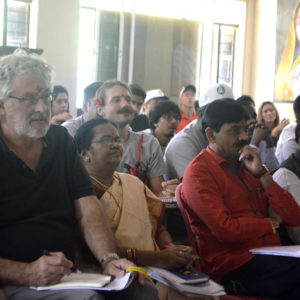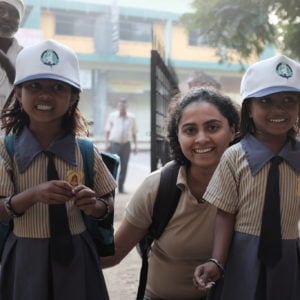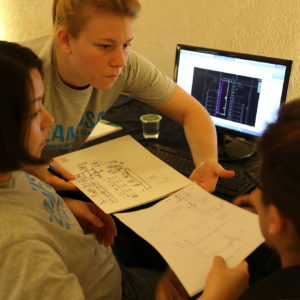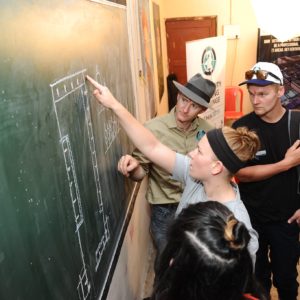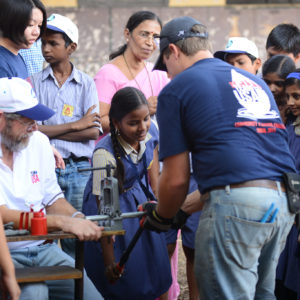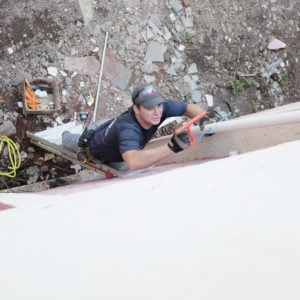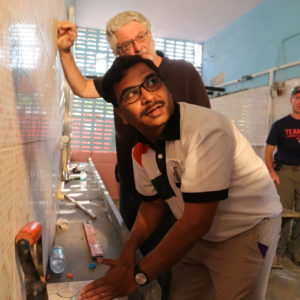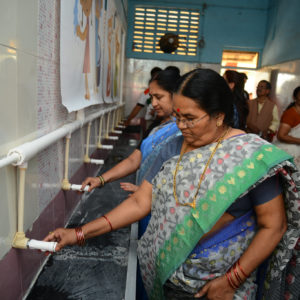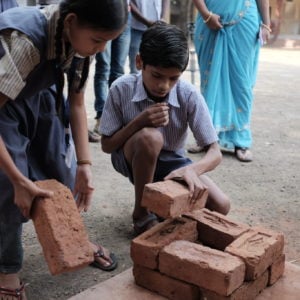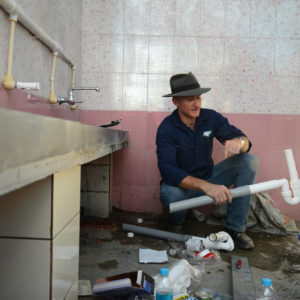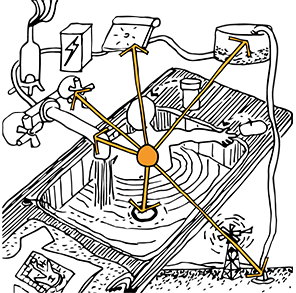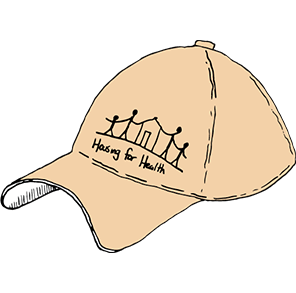Community Plumbing Challenge
The international Community Plumbing Challenge (CPC) aims to contribute to improvements to public health through collaborative, community-based programs of design, construction and education in regions where communities are still threatened by a lack of basic sanitation and safe drinking water systems.
Healthabitat have collaborated for many years with IAPMO and IWSH on the CPC events
CPC events since 2014
- Project Background
- CPC 2020
- CPC 2019
- CPC 2018
- CPC 2017
- CPC 2016
- CPC 2015
Project Background
“The Community Plumbing Challenge is pioneering a new role for skill competitions that demonstrate the power of skills to improve the well-being of communities that are most in need, and to do so in a sustainable way. “ ~ TJERK DUSSELDORP Founder WorldSkills Foundation
The Community Plumbing Challenge (CPC) combines multi-disciplinary teams, with a cross-section of expertise to come together, as invited by a community facing sanitation and water supply challenges to create real change. The aim is to use the skills of a range of professions, including architecture, plumbing, bricklaying and graphic design, to ensure the challenge produces real, tangible improvements for the hosting community that not only improve health hardware and infrastructure but also leaves an ongoing monitoring and maintenance plan with new learned skills to the local teams they work with.
Participating teams assembled by universities and WorldSkills delegates from around the world come together to install, test and combine skills and ideas during the one-week challenge to upgrade and install new sanitation infrastructure. Guided by the united vision of Tjerk Dusseldorp, IAPMO and Healthabitat, the format for the CPC has developed into a challenge, rather than competition, guided by the key methodologies that define Housing for Health.
The methodologies include:
- No survey without service -No project can commence without the ability to make improvements with a broad range of skilled trades and professionals on day one.
- The healthy living practices – Application of these key principles, guided by health and medical research, that set out the priorities of any environment to have the best impact on health for children 0-5yrs.
- Incremental improvement is long term – Progress is often made by slow, methodical, incremental improvement through design, testing, redesign, more testing by a local team and further improvement.
- People are part of the solution – No project is started without the invitation of a community and their full involvement during all stages of development, from feasibility, implementation and ongoing maintenance.
- Data to advocate for change – Using data collected where possible to monitor any success or failures of improvements achieved, as feedback for design and installation. The data also can be used to provide an evidence base local groups to lobby for ongoing improvements for their community and living environments.
The Community Plumbing Challenge was first piloted as a ‘Water Innovation Challenge’ event at Singapore International Water Week 2014. Since then it has been held every year across the globe
CPC Photo Library
CPC 2020
Untia Village, South Sulawesi, Indonesia
This CPC was launched in Indonesia with a Design Week from November 18–21, 2019. Over four days, a skilled international volunteer team comprising Plumbers, Architects and Engineers collaborated with the local community host partners; developing a design and work plan for construction of a new public toilet and handwashing facility.
PROJECT REPORTSCPC 2019
Navajo Mountain, Arizona, USA
The Community Plumbing Challenge, Navajo Nation program was hosted in the remote Piute Mesa region of Navajo Mountain, close to the Arizona-Utah border. The project ran from June 3–7, 2019, and provided safe running water and wastewater disposal to three local families for the first time in their lives.
CPC 2018
Navajo Nation, New Mexico USA
This CPC was the first time the Healthabitat ‘Housing for Health’ methodology was adopted. The CPC Navajo Nation project surveyed and fixed the critical health hardware in 10 houses so that families have the ability to wash their kids hands and face frequently; bath and shower children regularly, wash themselves, clean their living space, clean their bedding and clothes and store and prepare foods safely. According to CPC project partner Dig Deep, who run the Navajo Water Project;
“nearly 40% of Navajo don’t have a tap or toilet at home”
PROJECT REPORTS
CPC 2017
Cicau Village, Indonesia
The brief was to complete a surveying and design process over four days for a sustainable upgrade solution for water supply, wastewater and handwashing for a school. This design process was in full consultation with school management and with further input from teachers and schoolchildren. The design was developed with a series of games and activities presented to the schoolchildren – aimed at different age groups, and delivered both inside the classroom and outside in the playground and surrounding school grounds – these games demonstrated key ideas linking personal health and hygiene to water, sanitation and design thinking. These plans were then put in to action in a week long construction phase.
Project Reports
CPC 2016
Extension 1 Diepsloot, South Africa
This CPC combined multi-disciplinary teams, with a cross-section of expertise expanding on the skills pathway and career options for plumbing apprentices and professionals in South Africa, and around the world. Eight defunct communal toilets were plucked out of the ground in Diepsloot Extension 1, (and replaced with new and improved toilets as upgraded by the WASSUP team) where four international student teams (representing Australia, India, United States and South Africa) collaborated and developed the most effective and sustainable new upgrade solutions for continued use.
Project Reports
CPC 2015
Nashik, India
The aim of this Challenge was to improve the health giving water and sanitation facilities in a regional Indian school.
The CPC mix for this event included the local school (School 125 Nashik), 3 x international Teams (Team Basque, Team USA and Team Australia) as well as a team from the host country, Team India. The school leadership (Principals and Committee) attended the design presentations by each participating team and were asked to discuss the key aspects of each design that would best assist the school. An amended design (combining elements of all 4 schemes) was produced and was constructed during the week long Community Plumbing Challenge.
Across the road from the school site was the Digital Hub, supported by Autodesk. The Hub included a team of designers and computer software experts who aimed to capture the design and construction work in digital form so it could be used on other school sites across India to train designers and construction teams.
Project Reports


